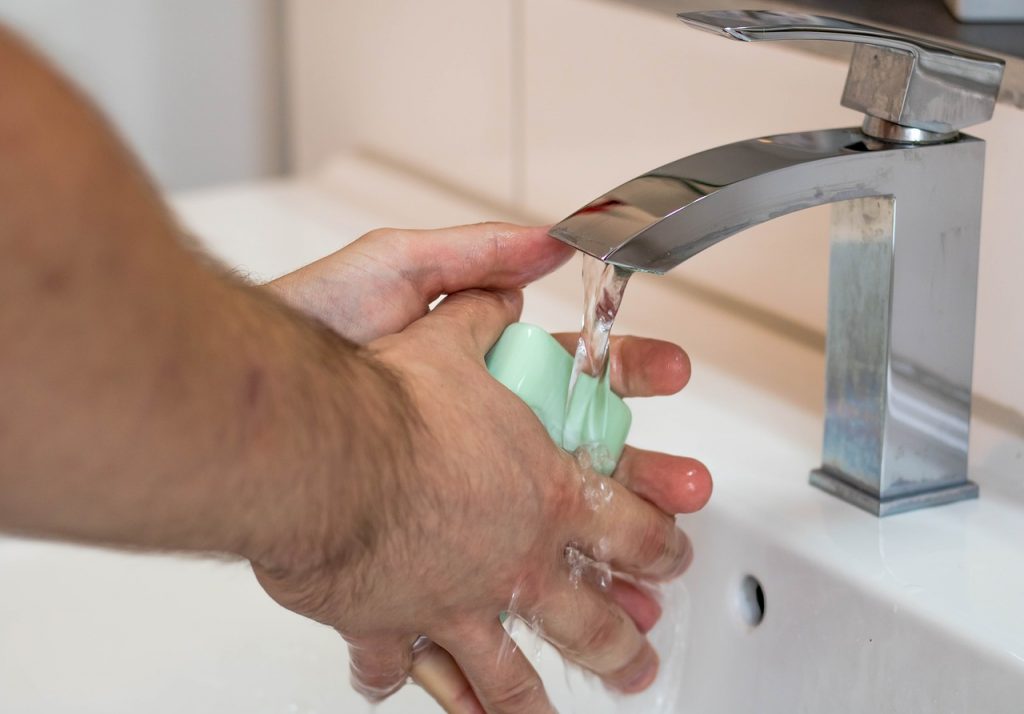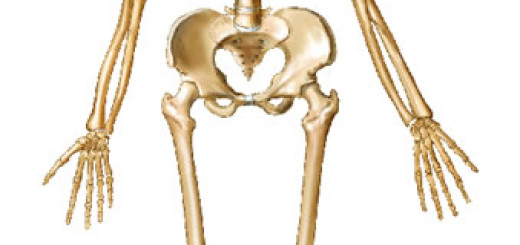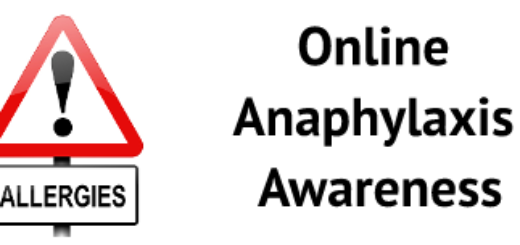How to Treat Food Poisoning
All foods contain small amounts of naturally occurring bacteria, however, improper cooking, handling or storage can result in the bacteria multiplying to large enough numbers to cause sickness – food poisoning.
Food can also contain parasites, viruses, toxins and chemicals. However, this type of contamination is much less common. Infants, young children, the elderly and people with compromised immune systems are most at risk from food poisoning. In some cases, food poisoning can develop into a life-threatening illness.
Symptoms of food poisoning generally include diarrhea, nausea, abdominal pain and vomiting. Botulism is a potentially fatal food poisoning caused by a toxin formed by certain spores in food (Clostridium botulinum).
Clostridium botulinum is most often found in home-canned foods, especially green beans and tomatoes, and symptoms usually begin 12 to 36 hours after eating the contaminated food. Symptoms include: headaches, blurred vision, muscle weakness and paralysis, urinary retention, difficulty breathing and dry mouth. Seek medical attention immediately if botulism is suspected.
First Aid Treatment for Food Poisoning
Many cases of food poisoning can be treated at home with simple self-care measures. However, it’s important to remember that children and the elderly are most at risk of developing complications from food poisoning. Always seek medical advice if you are concerned about the severity or duration of symptoms.
- Seek medical attention for symptoms lasting longer than three days, if blood appears in the victim’s stools or the victim is a child/elderly.
- If watery diarrhea turns bloody, seek medical attention immediately.
- Rest and drink plenty of liquids to keep hydrated
- Don’t use anti-diarrheal medications because they may slow elimination of bacteria from your system.






